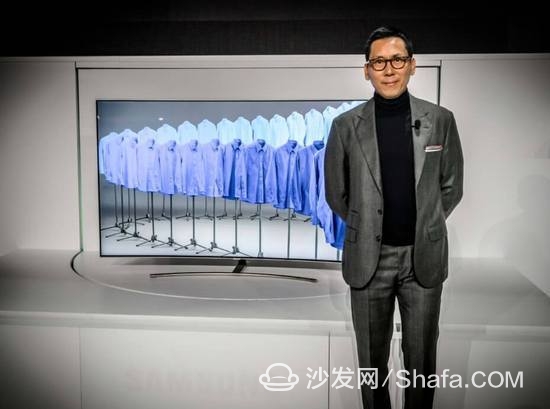
After setting up an ecosystem of smart homes, the next step is how to draw consumer issues.
"On a higher level, you have to think about how you can make voice technology easier to use, so that everyone can embrace this technology." Won Jin Lee, Executive Vice President of Samsung Electronics Imaging Display Division, interviewed by VentureBeat Indicated. He sees "conversational, personalization, and contextualized services" as a solution to this problem.
"The idea is to create a system-wide AI voice system and apply it to all our products," he said. Samsung’s virtual assistant company Viv Labs, which was acquired by Samsung for $215 million last year, is at the heart of this effort. Won Jin Lee revealed that consumers will see more products equipped with Viv Labs technology in this year's Samsung ecosystem.
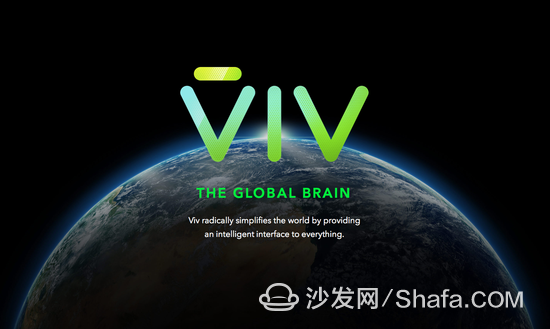
Won Jin Lee did not discuss more details on this. However, another company spokesperson told the reporter that “Samsung has developed its own voice recognition technology and can connect processed user queries to services that best meet their needs through the Viv platform.â€
What Samsung wants is not simply to get new technologies simply and brutally, and then throws it out to consumers. On the contrary, Samsung has a more cautious and abyss strategy. "You really have to figure out how to make voice technology more user-friendly and easier to use, so that everyone can embrace this technology." Lee explained. He emphasized three aspects of this process: the service must be as lively and conversational as real people. It can be personalized to provide customized information. At the same time, we must also have the ability to understand context, and we can fully understand the context.
"Introducing AI into the consumer system is a very interesting process. It not only brings challenges to consumers, but also new interaction intelligence increases the complexity of the device," said Brian Blau, an analyst at Gartner.
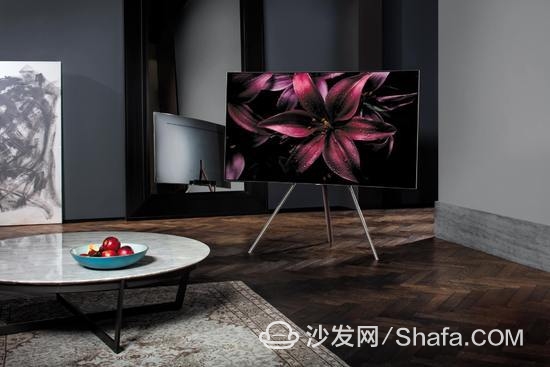
From the initial cable subscriptions to online consumer videos today, the way users watched content has changed over the past few years. However, despite the ever-changing methods and forms, one of them has not changed from beginning to end: TV has always been the center of family entertainment.
Like manufacturers in the entire industry, Samsung has spared no effort to promote larger (55-inch, 56-inch) higher-clear (4K, 5K, and 8K) televisions to create more revenue. TV strategy involves the concept of enhancing the smart TV hub. Samsung at this year's CES 2017 launched some new features similar to Google Chromecast, allowing users to easily project the phone screen to a large-screen TV. Samsung also offers iOS and Android apps that let you control your TV via voice and touch screen. Samsung said that this can "upgrade the TV remote control to a new level."
"Our goal is to get rid of the remote control." He said, "In fact, from a practical point of view, the button scanning is much more natural than voice control... Since it is easy to switch channels through the button, the attractiveness of voice control naturally disappears. So big. So we are also dealing with difficult issues."
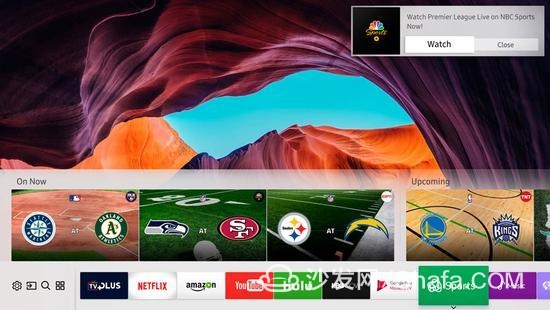
Currently Samsung has begun to use AI on television to provide personalized content. The AI ​​detects user preferences based on the user's viewing conditions and then provides special customized music and sports programs. Lee suggested that more vertical areas will be added in 2017, such as games: "We hope to provide you with a highly integrated view of content from numerous sources of games."
It is speculated that Samsung is developing an AI assistant named Bixby. Bixby is considered a byproduct of the "S Voice" voice assistant for Galaxy devices. In addition, Samsung launched its own Internet of Things AI voice assistant, and competing with Google Home and Amazon Echo is only a matter of time.
Blau expects that Viv will be further integrated into Samsung's all-encompassing ecosystem. "Initially it was basic voice control, but its complexity will increase over time. It may eventually become one of Samsung's core functions for consumer devices."
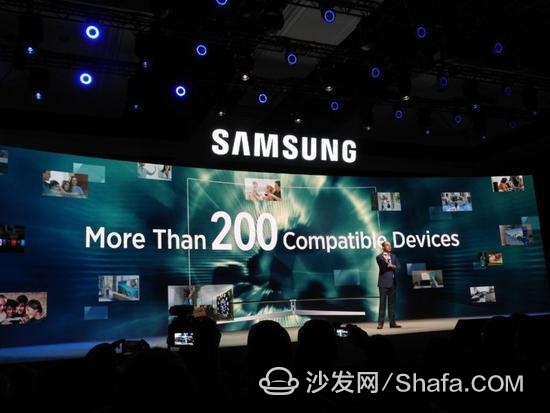
"Consumers have been fooled by their technology. Smartphones are everywhere and the consumer engagement of these devices is also quite high," Blau explained. “Vendors must expand capabilities to increase value. AI voice assistants directly connect users and services in a superhuman manner, filling the gap between brand and non-human interaction.â€
Smart TV/box information can focus on smart TV information network sofa butler (http://), China's influential TV box and smart TV website, providing information, communication, TV boxes, smart TVs, smart TV software, etc. Answering questions.
Solar Panel Robot,Solar Cleaning Robot,Robot For Solar Panel Cleaning,Self Control Cleaning Robot
GuangZhou HanFong New Energy Technology Co. , Ltd. , https://www.gzinverter.com